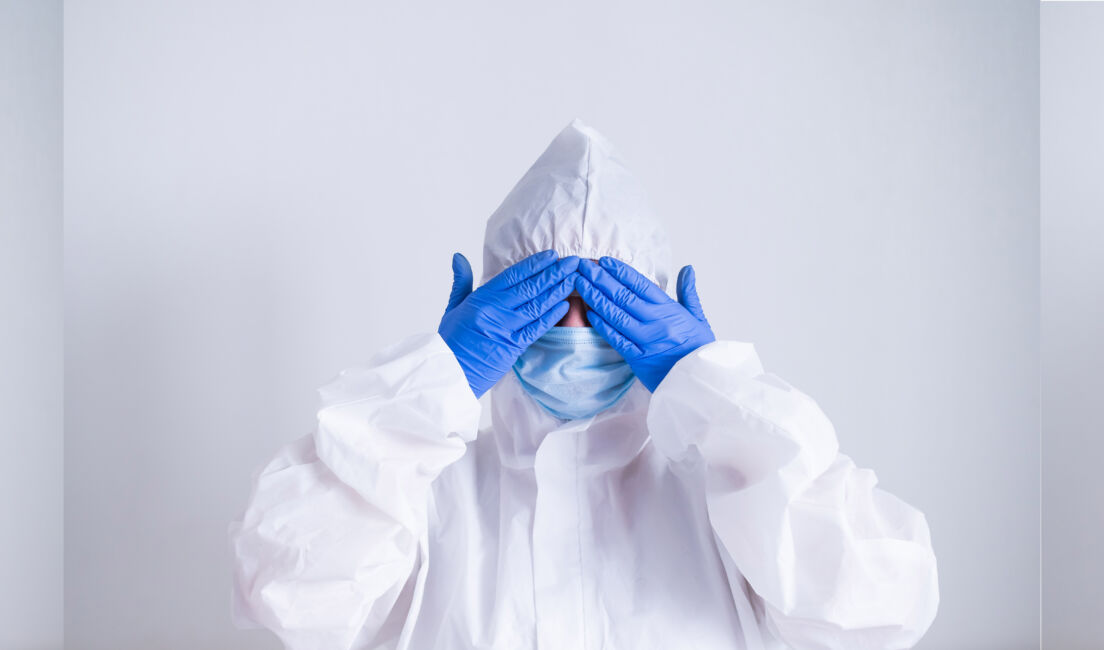In a pandemic, trade-offs take on a greater weight. We’re making them for ourselves but we’re also making them for others we might expose to the virus, and all of us have imperfect information.
Trust and public health

Almost 10 months into this pandemic, there’s a pretty wide range of opinion on how people should conduct themselves in their daily lives. The current surge in case numbers and deaths suggests that, whatever we’re collectively doing, it’s not resulting in a high degree of public health and safety.
All of life involves trade-offs. Wake up at 6:00 AM to go to the gym or sleep in to get extra rest after staying up late working? Send your kid to a public school for free or to a well-regarded private school for substantially more money?
We constantly weigh the cost of our time, alternative opportunities, our desires and our family’s, and our personal risk tolerance whether or not we do so explicitly. And no one else has enough knowledge of what we value to weigh those risks on our behalf.
In a pandemic, trade-offs take on a greater weight. We’re making them for ourselves but we’re also making them for others we might expose to the virus, and all of us have imperfect information. Vaccines are coming, but we’ve still got a long way to go before we can return to living relatively carefree. In the meantime, how can we all have clearer information and make better trade-offs as we settle in for many more months fighting this virus?
One solution is so simple it seems like you shouldn’t have to say it out loud. Public officials should not degrade public trust by creating rules they don’t follow or by lying to the public.
Our former podcast guest, scholar Adam Thierer, has a piece in Discourse calling out politicians behaving badly and urging consequences for their failure to preserve the public trust.
“Denver Mayor Michael B. Hancock tweeted that residents should ‘host virtual gatherings instead of in-person dinners’ and avoid travel for Thanksgiving. An hour later, he and his family boarded a flight to Mississippi to attend a family gathering. San Jose, California, Mayor Sam Liccardo also found himself in hot water for dining with his elderly parents and other guests just a day after issuing a tweet urging people to ‘cancel the big gatherings this year and focus on keeping each other safe.’ Similarly, two Texas county judges who’ve pushed for mask mandates and told Texans to avoid family holiday get-togethers were exposed for attending a wedding and family gatherings without masks.”
When public officials disregard their own guidance, they discourage the public from taking that guidance and any further instruction seriously. “Do as I say, not as I do” is a disastrous approach to public health. When added to early attempts by public health officials to preserve stocks of PPE materials by downplaying the importance of wearing masks, it’s understandable that many people are uncertain or skeptical about public health information.
Government could be an ally in helping people determine what choices to make, but it can only do so with information that is consistent and directions applied fairly, or no one will listen.
Photo by Михаил Решетников on Adobe Stock